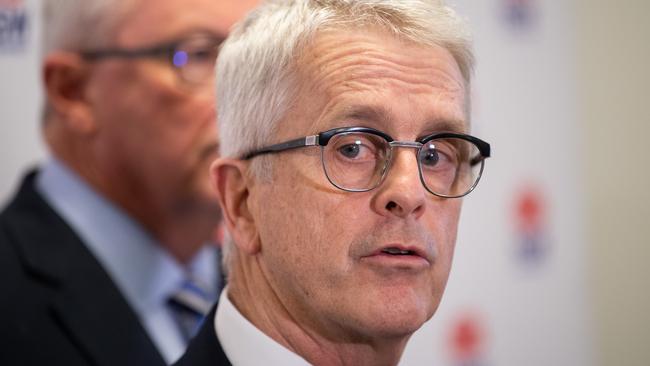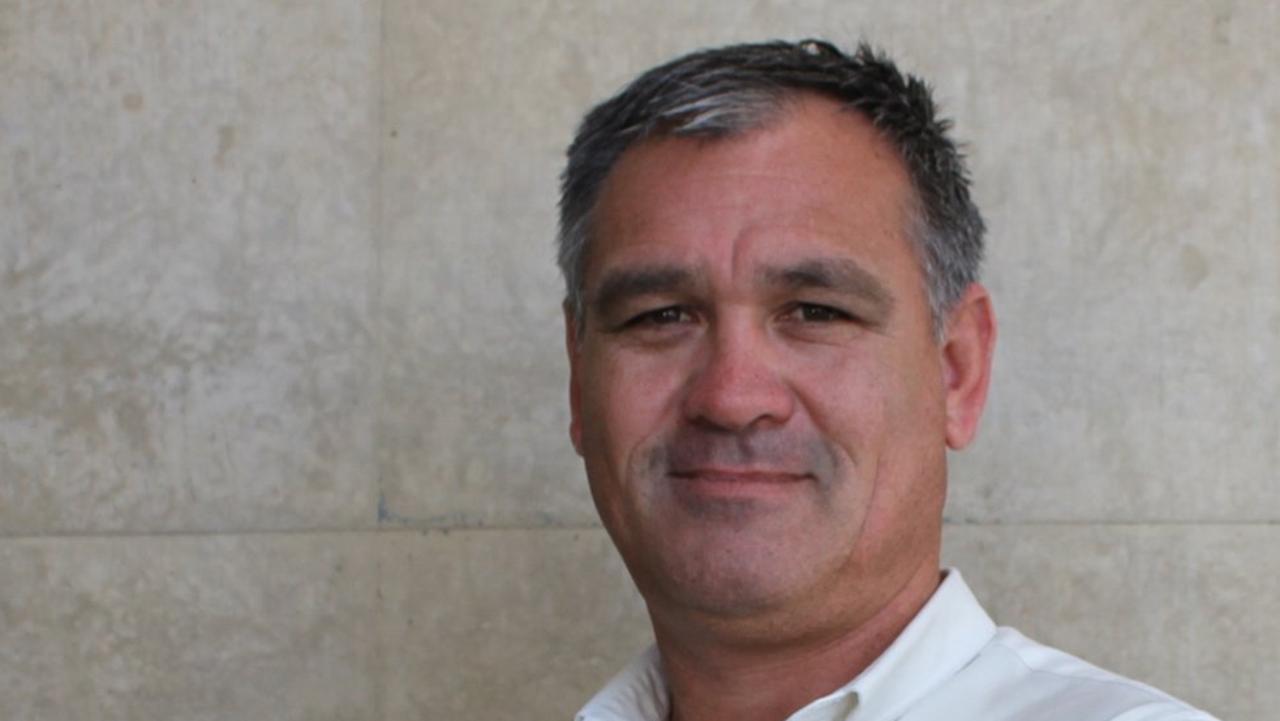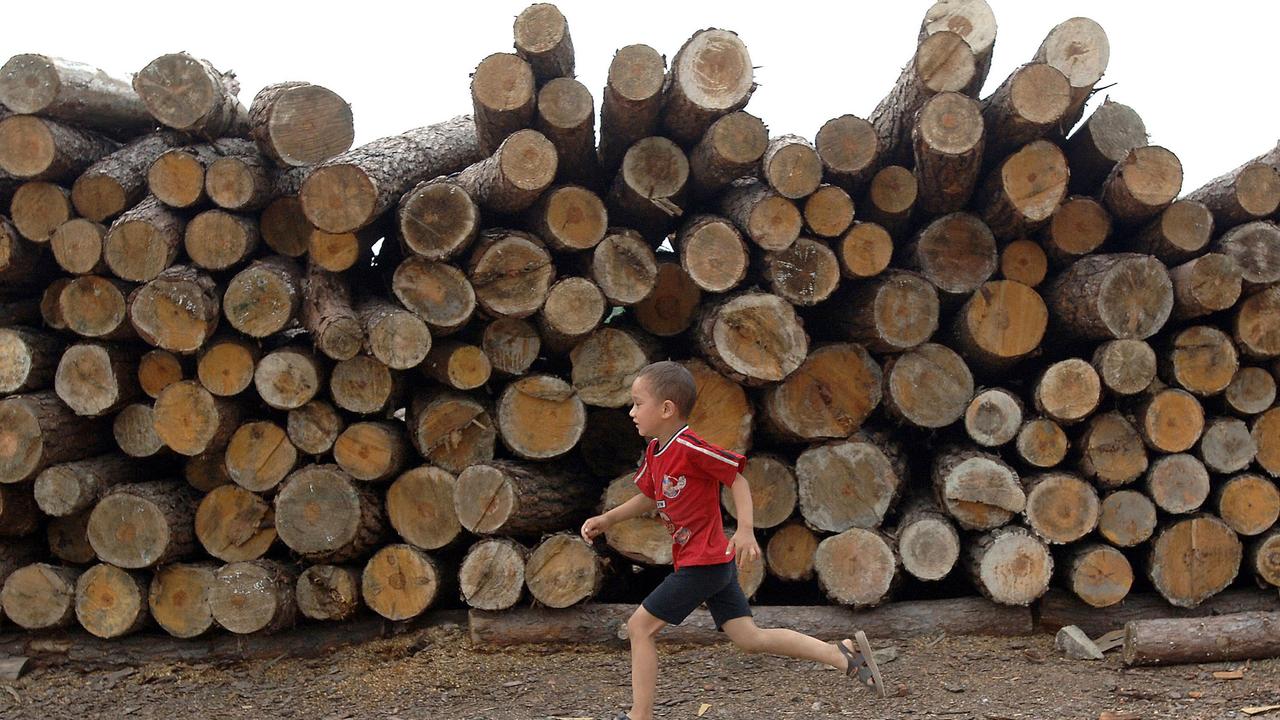NSW experts announce coronavirus breakthrough
The development promises to improve diagnostics and potentially aid the eventual creation of a vaccine.

Scientists in NSW have successfully grown the novel coronaviruses from patient samples in a development that promises to improve diagnostics and potentially aid the eventual creation of a vaccine.
The NSW Health Pathology Laboratory grew the live virus from samples from a patient being treated in Westmead Hospital - one of four patients in NSW suffering with the illness. Scientists were able to gather regular samples from the 43-year-old man for their research.
The virus isolates from NSW will now be passed to the World Health Organisation to be referred to by scientists around the world who are studying the virus and working to develop a vaccine.
“The advantage of having a viral isolate is that we can confirm that our tests are working well,” said NSW Health Pathology’s Director of Public Health Pathology, Dominic Dwyer. “We can also make a contribution in terms of understanding how the virus is changing around the world and how similar it is to other viruses around the world.
“Also by having an isolate we can help other laboratories in NSW and elsewhere to develop the right sorts of tests, and we also potentially can help vaccine manufacturers and by providing viruses that they can then work on, to hopefully eventually develop a vaccine.”
It’s the second time isolates of live novel coronavirus have been grown in Australia. A Victorian laboratory was the first to do so. Queensland scientists have also been working to grow the live virus from patient samples.
The Doherty Institute in Victoria was the first laboratory in the world to replicate the coronavirus, but this was done synthetically rather than by using actual patient samples.
“Being able to cultivate the novel coronavirus with samples from NSW patients as opposed to trying to mimic it from synthetic specimens is a terrific breakthrough,” Professor Dwyer said.
“Synthetic virus tools don’t offer the same high degree of diagnostic accuracy needed to help us develop effective antiviral drugs that can be used to treat infected patients.
“We’re proud to be able to share our discovery with the World Health Organisation, and international researchers and clinicians, so together we may ultimately help save lives.”
Professor Dwyer hopes the samples will help scientists understand why some coronavirus patients get more sick and develop a severe lung illness while most patients have a mild sickness.
There have been 15 diagnosed cases of novel coronavirus in Australia. The number of cases globally rose to 40,510, with 908 deaths.
A total of 14,500 have been screened for coronavirus at Sydney airport since February 2,
with 57 showing symptoms that needed further testing. All were cleared.
The number of confirmed cases of coronavirus in China increased by 3,062 cases over the 24 hours through midnight Sunday, up 15% from Saturday. The steep rise broke a string of daily declines in the numbers of confirmed cases and dampened hopes that public health measures may be acheiving success in containing the virus.



